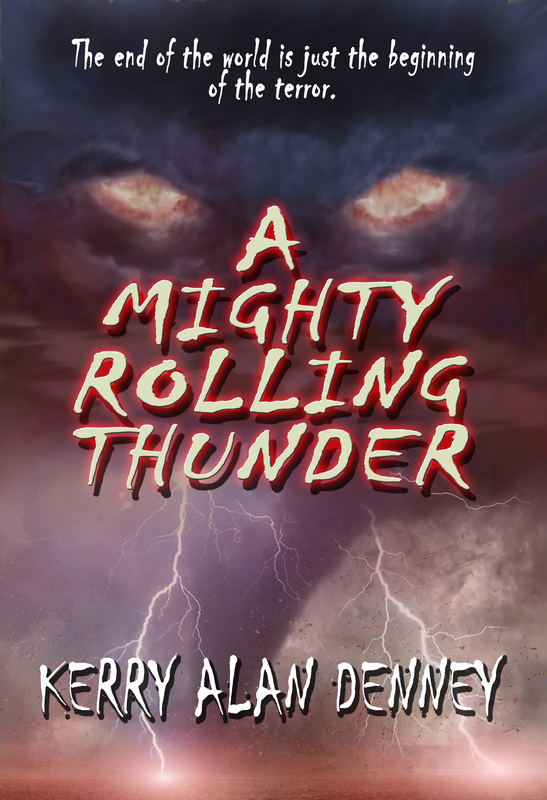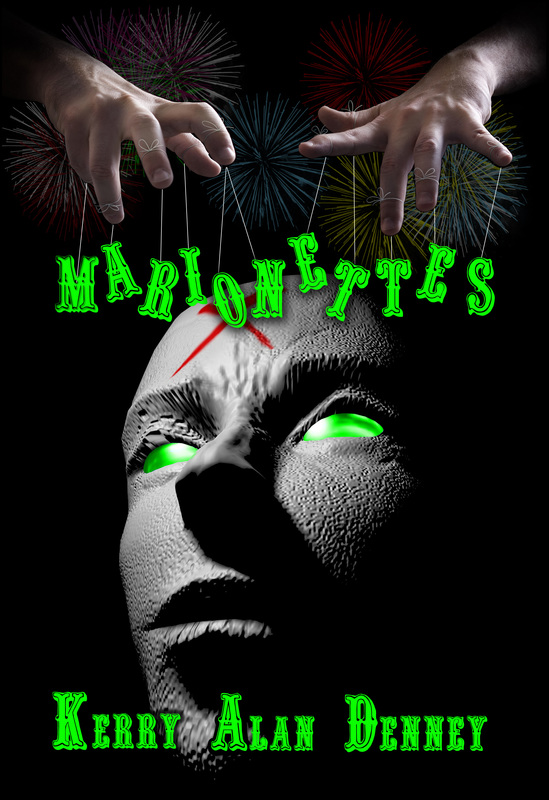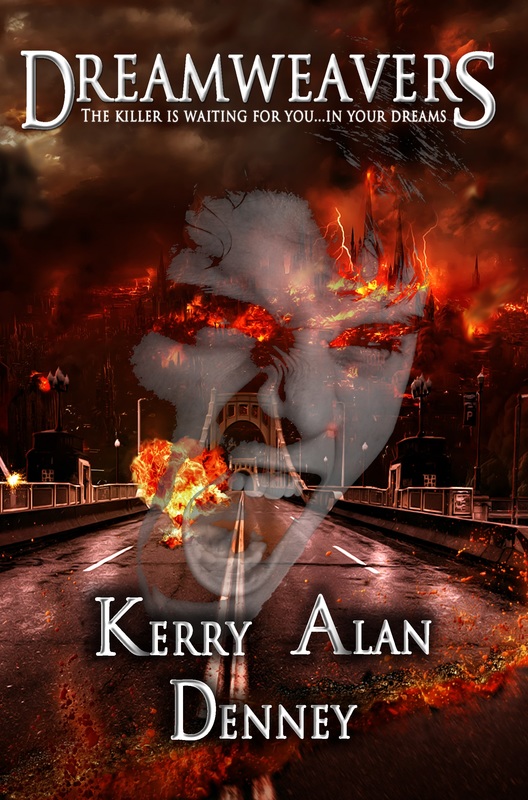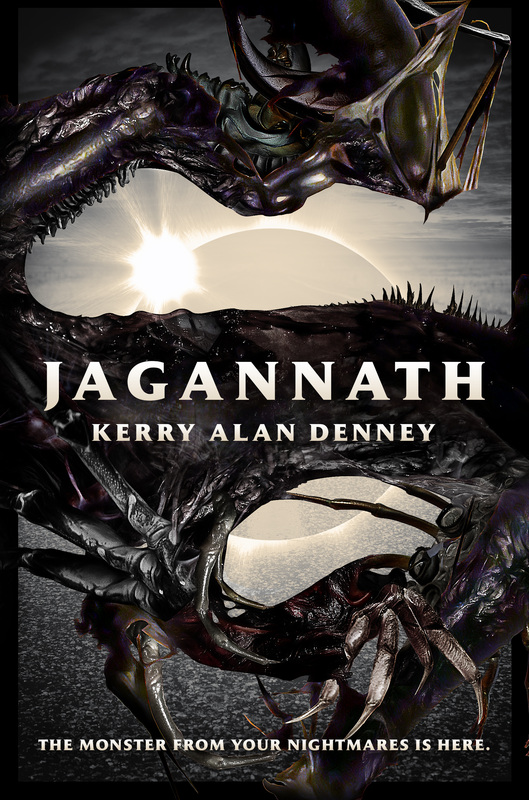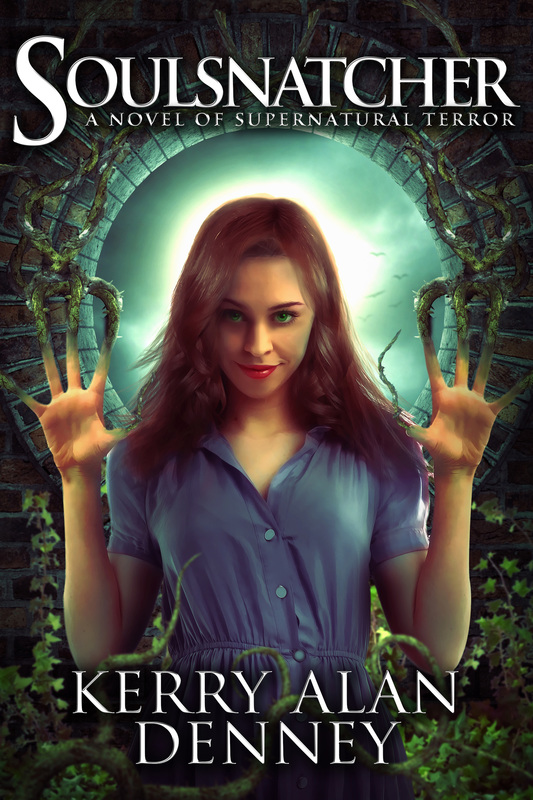A Bad Reputation
It’s far tougher than writing that groundbreaking novel in the first place. Catching a big break in the literary industry requires a level of patience, persistence, and perseverance that would make an attorney start practicing law based entirely on moral and ethical principles.
Which brings me to my point: How and why are so many writers making it even harder than it has to be? More importantly, how are some writers giving indie authors such a bad rap?
Here are five of the primary reasons, among several others.
IS A COMPLETED MANUSCRIPT
It’s fine to be proud about finishing that novel. I believe it’s even necessary. Finishing a novel is an accomplishment worthy of a major celebration. Hell yes, throw a party and invite friends and family. It doesn’t matter that they have no clue how hard we toiled day and night and sweated blood over that precious manuscript. Just don’t make the fatal mistake of believing that first draft is anything close to a finished manuscript, because it isn’t. Ever.
Ernest Hemingway is famous for many reasons, including his quote “The first draft of anything is shit.” He was partially right. But it’s not total shit, so be happy and proud! At best, the first draft is a diamond in the rough. That’s part of the reason it’s called a rough draft.
It’s fine and even advisable to walk away from that first draft for a while. Set it aside for a week or two, or even a month. Don’t be in a hurry to kick that fledgling bird out of the nest and show the world how well your new baby flies. New babies poop and barf a lot, and so does that new manuscript. They both need to be cleaned up and dressed before the world sees them. Leave that rough first draft alone for a while. Start a new novel. Write a short story about another great idea you have.
I absolutely guarantee that during the time you’ve temporarily set the new manuscript aside, you will suddenly start thinking of great ideas that can make it even better, because it’s stuck in your head. It’s your child, so of course you’re constantly thinking about it. You’ll even start seeing clearly the plot holes that need to be corrected, the clunky transitions that need to be smoothed out, the ways your characters need to be more fully developed, and you’ll even have Eureka! moments that will make that rough diamond shine brilliantly once you’ve made the necessary revisions.
Rome wasn’t built in a day. Michelangelo spent four years painting the Sistine Chapel. In a similar vein, that first draft needs major refining—not necessarily years, or even a whole year, but it needs your loving and undivided attention. You don’t have to spend hundreds of dollars hiring a professional editor. You can even do most of the editing yourself, but ONLY IF you’re able to achieve an objective perspective on your manuscript.
We writers must be able to leave our egos behind when editing our works. When I’m editing my novels, I kick Kerry out the door and lock it. Leave his impatient ass out in the cold and rain and don’t let him back in until I’ve cleaned up his mess.
No need to despair: Endless excellent resources exist to help you in this process. One of my favorite go-to resources is Renni Browne and Dave King’s Self-Editing For Fiction Writers. I highly recommend it for all writers, both established and novice. It’s written in easy-to-comprehend language that will help you make your work shine and sing. Many writers swear by Stephen King’s On Writing, and the second half has lots of great advice.
Another must-have writer’s resource is Strunk & White’s The Elements of Style. And just about anything by Noah Lukeman is packed full of priceless writer’s advice. If you know of some good resources, whether books or links or blogs, please share them in the comments section below, and thank you in advance for doing so. One of the best things we writers can do for other writers is to Pay It Forward.
Family members don’t make good beta readers, nor do good friends. Why not? Because they love or at least care about you, and want to support you, and don’t want to hurt your feelings. All writers need brutally honest beta readers who never pull punches when it comes to critiquing manuscripts. Beta readers are how we find and correct plot holes, correct character inconsistencies and make our characters more realistic, and make impossible (or implausible) scenes possible and believable.
Spend the time and make the effort cultivating valuable contacts via social media. Find readers who enjoy reading your genre(s), and work to accumulate valuable associates in the literary industry such as fellow authors, editors, proofreaders, and discerning readers who don’t hesitate to be painfully frank in pointing out areas that don’t work for them in the novels and stories they read. Join established writer groups. If possible, join writer critique groups.
As you make these contacts, pick several you want to ask to be beta readers, and ask them, BUT . . . fishing for compliments is a waste of valuable time, so make sure they understand that you genuinely want them to be harshly frank, honest, and sincere as well as thorough and discerning in their reviews and critiques of your work. Not only will you be creating a group of treasured associates who will encourage and support you throughout your writing career, but you will also be working on building your author’s platform and reading audience in the process.
Spend at least half of your writing time learning HOW to write well. Use writer’s resources. A multitude of valuable advice can be easily found in libraries, bookstores, and on the Internet. Listen to and utilize the advice from established and published writers, and remember to thank them for it.
Whatever you do, don’t make the mistake of thinking that being a prolific writer is equivalent to being a talented one, because it isn’t. Not for anyone. Ever. More isn’t always better. Golden retrievers are wonderful, loving, affectionate dogs and excellent companions, but is cleaning up the fur they shed, their dirty paw prints on the carpet, and the poop in your yard from a few hundred golden retrievers really an improvement?
A well-trained, obedient dog is far preferable to a rambunctious mutt that won’t stop chewing on the furniture and jumping all over your friends and visitors—especially when muddy paws and sharp claws ruin expensive clothing. Likewise, a well-edited manuscript is far preferable to a manuscript full of typos, errors, and plot holes big enough to dump a train full of elephants into.
ELEPHANT METAPHORS?!?!
I love bookstores, especially individually owned “Mom & Pop” secondhand bookstores, which are now unfortunately becoming quickly-vanishing cultural icons. The feel, the smell, the atmosphere, and the look of used bookstores all speak of treasured stories and worlds and cherished fictional friends as well as of volumes containing valuable advice about the real world in which I occasionally exist. I can easily get happily lost in the aisles for hours. But ever since the advent of the Internet, online book sales have trumped bookstore sales in the never-ending battle for readers’ attention—and their patronage. Ebooks and audiobooks have taken the literary world by storm, pardon the cliché.
Nowadays, that book cover thumbnail is the primary and most crucial selling point for books. It’s the first and most important “eye-catcher” for authors across this ever-shrinking globe. If our tiny book cover thumbnail doesn’t catch the prospective readers’ interest, our works are usually passed over for more enticing stories, often without that vital synopsis—the second most important draw for potential readers—ever being read.
In my experience, many indie book covers are far more creative, imaginative, eye-catching, and inspiring than the covers designed by the “professionals.” For decades, the top publishing companies have consistently created dull and even terrible covers for their authors. Their primary selling points are their reputations and slapping those bestselling authors’ names on the covers. Who needs great art when you have a dazzling and respected author name emblazoned on that cover?
Nevertheless, many indie authors hire (or enlist) graphic artists who are friends or associates to design their book covers. Don’t get me wrong: Some of them are mega-talented, and design spectacular covers. But too many of them create covers that are too “busy” for a thumbnail, or just end up having an amateurish look that doesn’t do some excellent novels the justice they deserve. This is nothing personal against some otherwise very talented graphic artists; they just don’t understand the vital importance of making a piece of art “sing & zing” in what, out of necessity, must become in the end product a miniature thumbnail whose singular purpose is to engage readers’ interest.
So don’t “be that guy” (or gal). Spend the money, time, and effort in finding graphic designers who are experienced at designing irresistible book covers. You’ll end up being glad you did, your readers will thank you for it in their reviews, and your sales will eventually reflect that effort.
So my endless thanks to Nicolle “Nikki” Brown, Dean Samed, Christian Bentulan, and Loraine Van Tonder for your magnificent covers, you’re all amazing!
We writers who work tirelessly to produce clean, sensible, error-free manuscripts that flow smoothly would like to ask those who do not to please follow these important guidelines to becoming better writers. My works may not be loved by all who read them, but they are 99% error free. Every novel I’ve published has gone through at least THIRTY meticulous edits. Yours should receive that same loving attention before you publish it—or before you shop for an agent or publisher.
In numerous online polls, the complaints readers and reviewers most often cite about indie novels are seeing too many typos, punctuation errors, misused words, massive plot holes, convoluted or awkward or just plain clunky phraseology, and bad or unnatural dialogue. We’ll discuss how to improve some of these areas in a future post, but in the meantime, don’t be that writer. You don’t want that irreversible stigma following you throughout your writing career, because an elephant never forgets.
Happy writing (and reading) to all!
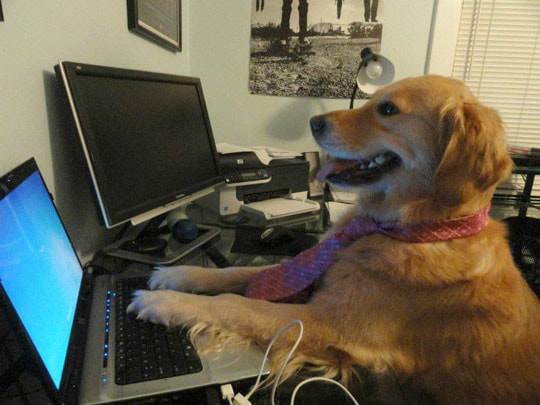

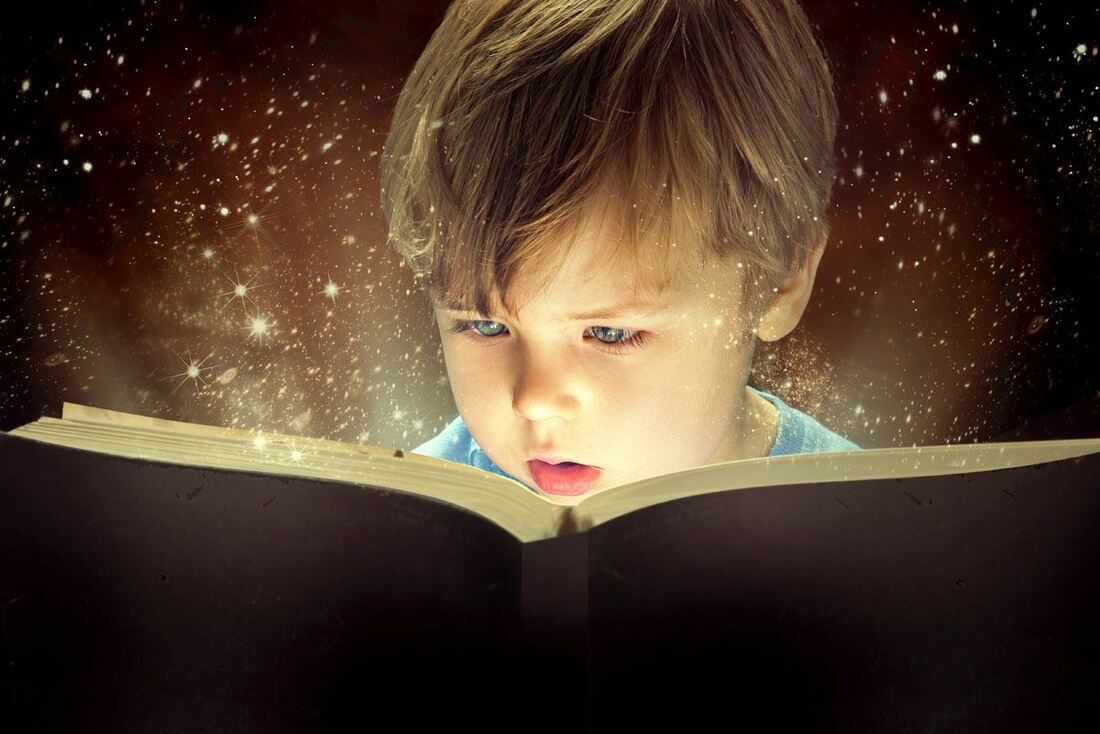

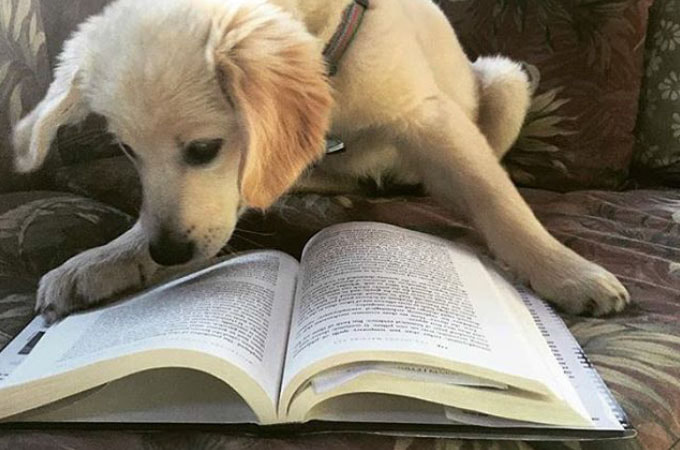

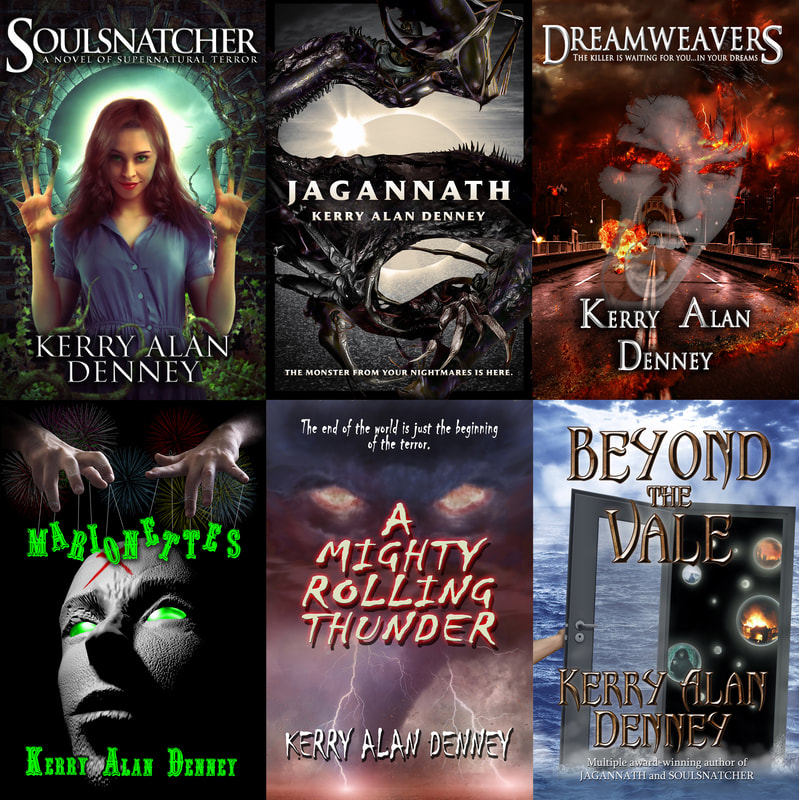
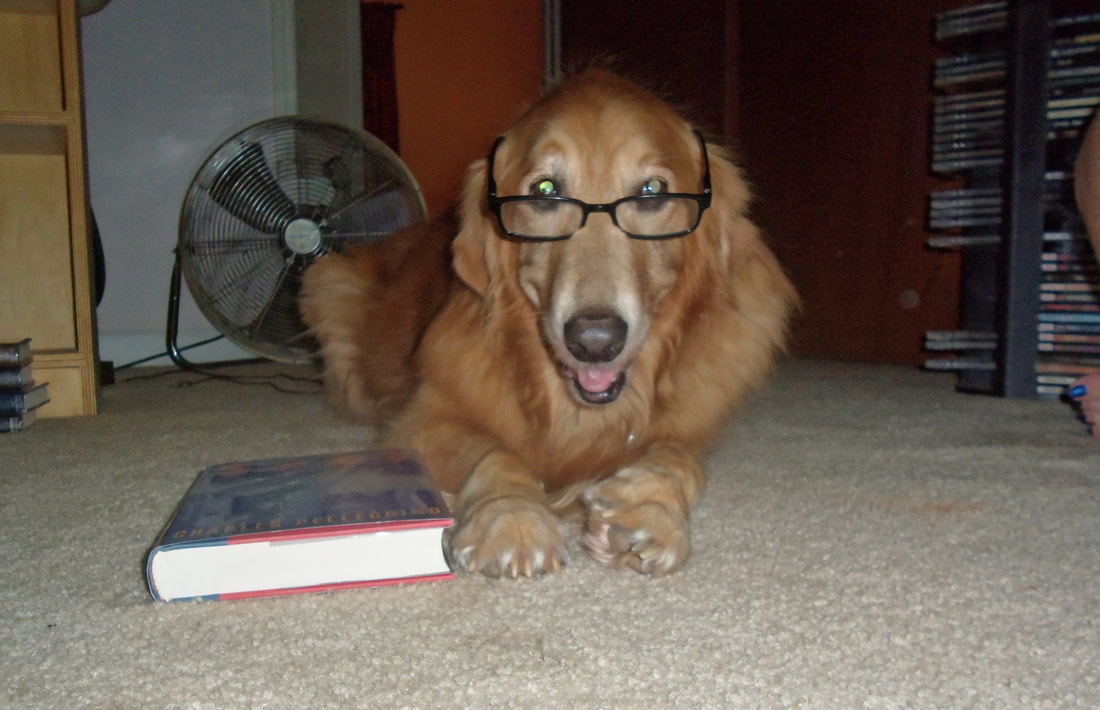

 RSS Feed
RSS Feed
